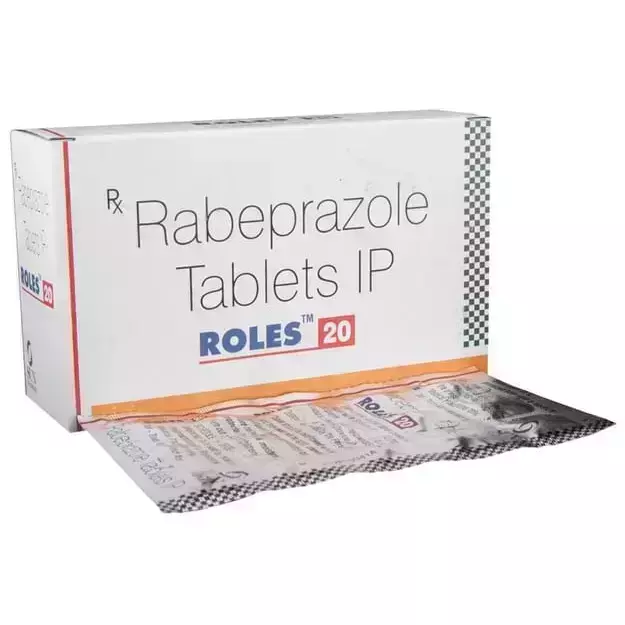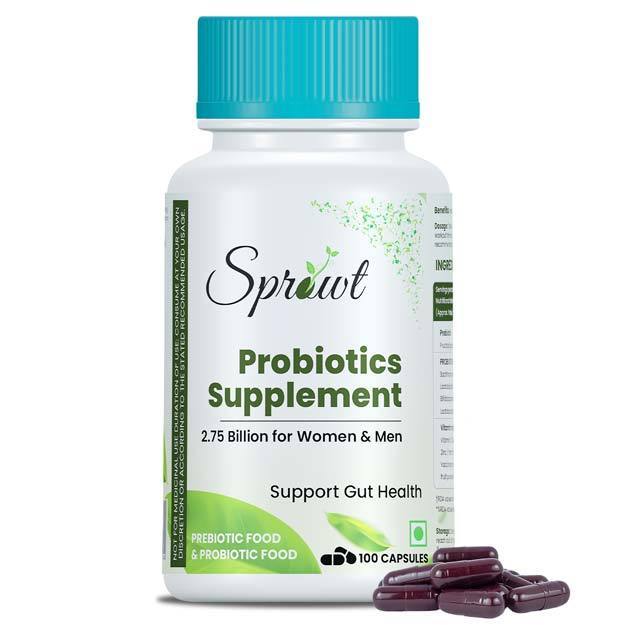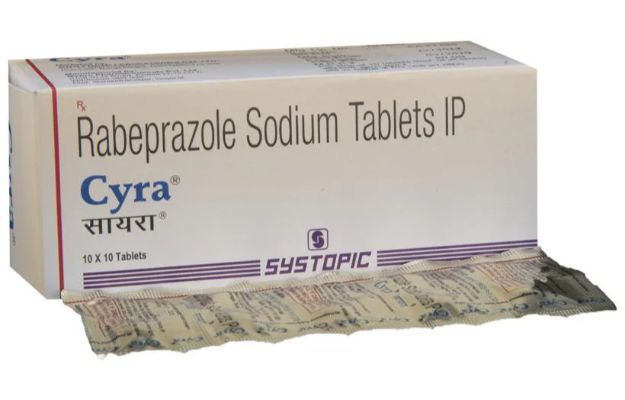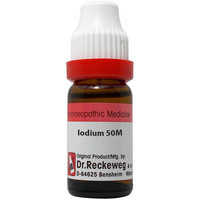Rabel is a prescription drug, available for use as Capsule, Tablet. Primarily, it is used for the treatment of Acidity. Rabel also has some secondary and off-label uses. These are listed below.
The correct dosage of Rabel depends on the patient's age, gender, and medical history. Individual symptoms and route of administration also determines the right dosage. This information has been provided in detail in the dosage section.
The most common side effects of Rabel are Diarrhoea. Besides the aforementioned side effects, there are other adverse effects of Rabel as well, which are listed below. Usually, these side effects of Rabel go away soon, and do not persist beyond the duration of the treatment. If, however, they worsen or do not go away, please speak with your physician.
Rabel's effect during pregnancy is Safe and Moderate while nursing. It is important to know if Rabel has any effect on the kidney, liver and heart. Information on such adverse effects, if any, has been given in the Rabel related warnings section.
Rabel can cause adverse effects in certain medical conditions. It is strongly recommended to avoid Rabel in conditions like Diarrhea (Loose Motions). The section on Rabel contraindications lists all such conditions.
Additionally, Rabel may also adversely react with other medicines. See below for a complete list.
In addition to the above precautions for Rabel, it is important to know that it is not safe while driving, and is not habit-forming.
X




















